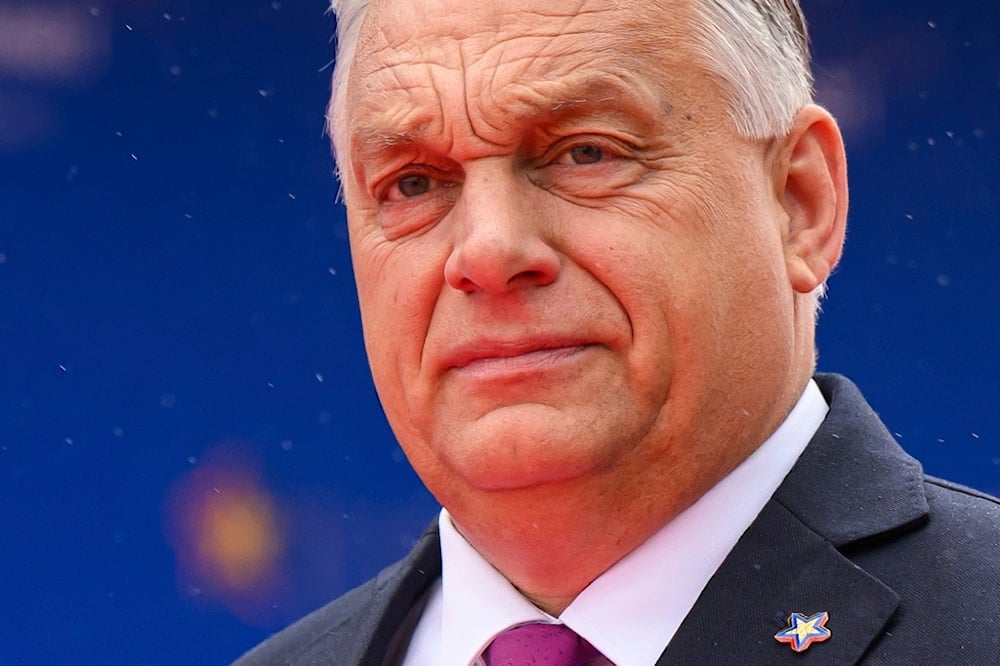Orbán slams Ukraine's EU accession as economic threat to Europe
Hungary has repeatedly blocked or delayed EU proposals to support Ukraine, including security guarantees and financial assistance.
-

Hungarian Prime Minister Viktor Orban arrives for the European Political Community summit in Tirana, Albania, Friday, May 16, 2025. (Leon Neal/Pool via AP)
Hungarian Prime Minister Viktor Orbán has renewed his criticism of the European Union's push to bring Ukraine into the bloc, warning that the move would impose serious financial burdens on existing member states and shift focus away from national priorities.
In a message posted Tuesday on social media, Orbán stated, "For Brussels Ukraine's accession [to the EU] is a vital issue, it is a political covering of damage and a good deal in the midst of a lost war. But this deal will do harm to European families. Ukraine will suck out every euro, every forint and every zloty which we have spent on strengthening of European families, European farmers and European industry."
He further accused EU officials of being indifferent to where the bloc's resources are allocated. "It is all the same for the bureaucrats in Brussels where the money will go, to Derbecen, Warsaw, Bratislava or Kiev," Orbán said, stressing that Hungarian authorities must focus on protecting the interests of their own citizens, industries, and farmers. He described the EU's enlargement plan as "delirious."
Membership dispute
Orbán's remarks follow the European Commission's proposal of a €50 billion Ukraine Facility to support Kiev's recovery and integration over the next four years.
The package, intended to back macro-financial stability, reconstruction, and EU-aligned reforms, has raised concerns among more fiscally conservative governments, including Hungary, about long-term commitments and redistribution of funds away from current members.
Beyond the EU, Ukraine's path toward NATO membership is also a source of division. All 32 NATO member states have endorsed the idea that Ukraine will eventually join the alliance, but the timeline remains unclear.
US officials, including those close to former President Donald Trump, have expressed skepticism, calling full NATO integration and territorial recovery "unrealistic" in the near term. In contrast, European leaders such as UK Prime Minister Keir Starmer insist Ukraine is on an "irreversible path" toward membership.
Read more: Putin seeks NATO pledge, sanctions relief in Ukraine peace deal
Hungary has repeatedly blocked or delayed EU proposals to support Ukraine, including security guarantees and financial assistance, arguing that such measures risk overextension and undermine the bloc's internal stability.

 3 Min Read
3 Min Read










